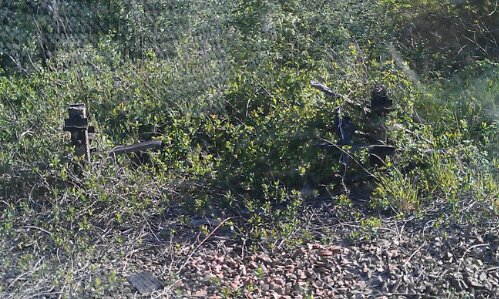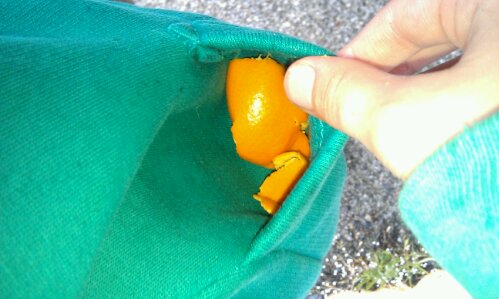We’ve been listening, again and again and again to songs by Jessie J. Following us from place to place, various children singing along at full volume or less or more depending on whether that track was the one they wanted or no.
This evening CR asked what a casualty of love was (title of a song from the album)?
Do you know what a casualty is? I asked. EM did and explained that it was when someone was hurt, a special place in a hospital. Well I said ponderously… a casualty of love is when someone is in love but that love is not reciprocated perhaps and they are hurt thus becoming a casualty, feeling injured, experiencing the pain of rejection perhaps.
EM replied:
I think it is when a man and woman are in love and the woman is maybe going to be hit by a car and the man jumps in front of it to save her. I think that fits.
I hadn’t thought of that.





